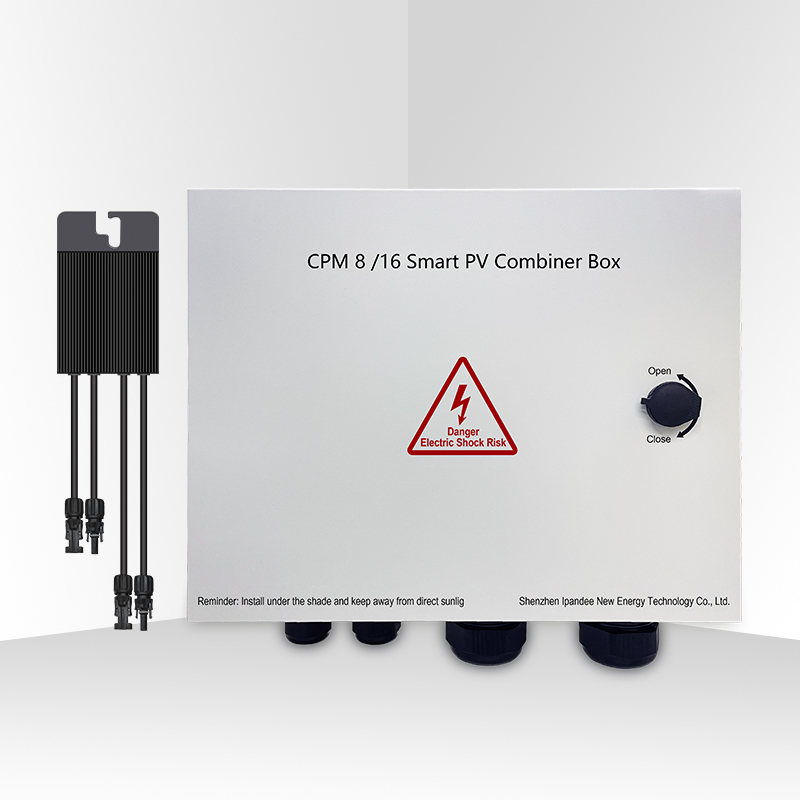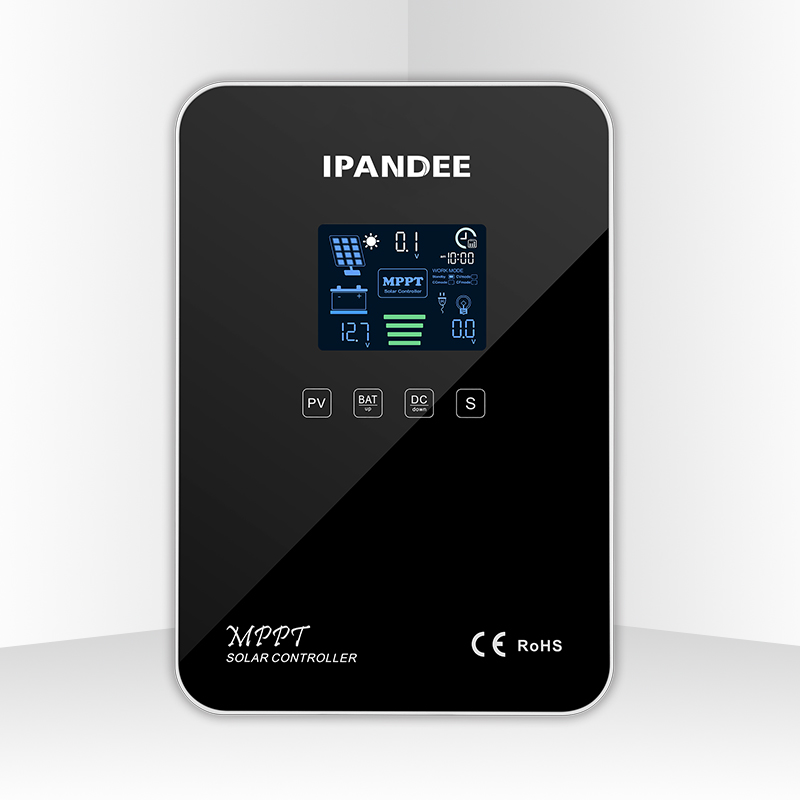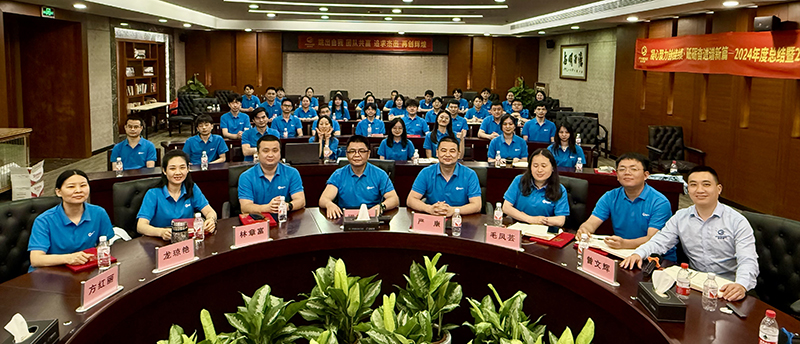Understanding the Basics of Solar Charge Controllers
Why You Need a Solar Charge Controller
Before diving into the selection process, it's crucial to understand the role of a solar charge controller in a photovoltaic system. These devices regulate the voltage and current coming from solar panels to ensure that your batteries are charged optimally without overcharging or discharging, thus prolonging the lifespan of your batteries.
Types of Solar Charge Controllers
There are primarily two types of solar charge controllers: PWM (Pulse Width Modulation) and MPPT (Maximum Power Point Tracking). Each type has its own advantages and is suitable for different applications. Understanding the differences between PWM and MPPT controllers is a key factor in making an informed decision.
Factors to Consider When Selecting a Solar Charge Controller
System Voltage and Current
One of the fundamental considerations is the voltage and current capacity of your solar panel array. Ensure that the solar charge controller you choose can handle the specific voltage and current ratings of your solar panels and batteries. Matching these parameters is essential for the controller to operate efficiently.
Battery Type Compatibility
Different battery types, such as lead-acid, lithium-ion, or gel batteries, have distinct charging characteristics. Select a solar charge controller that is compatible with the type of batteries you are using. This ensures that the controller can optimize the charging process for the specific chemistry of your batteries.
Controller Efficiency
The efficiency of a solar charge controller directly impacts the overall performance of your solar power system. Look for controllers with high efficiency ratings, especially if you want to maximize the energy harvested from your solar panels. MPPT controllers, in particular, are known for their superior efficiency compared to PWM controllers.
Temperature Compensation
Solar charge controllers that offer temperature compensation functionality are better equipped to handle temperature variations. This feature adjusts the charging parameters based on temperature changes, ensuring optimal battery charging in diverse environmental conditions.
Additional Features to Enhance Your Solar Power System
Load Control and Lighting Features
Some solar charge controllers come with load control functionality, allowing you to connect and control DC loads such as lights or small appliances directly. If you have specific requirements for powering devices, choosing a controller with load control features can add versatility to your system.
Digital Displays and Monitoring
Opt for controllers with digital displays that provide real-time information about the status of your solar power system. Advanced monitoring features enable you to keep track of energy production, battery levels, and system performance, allowing for better system management and troubleshooting.
Durability and Weather Resistance
Given that solar charge controllers are often installed outdoors, it's essential to choose a controller with robust construction and weather-resistant features. Look for controllers designed to withstand environmental factors like humidity, temperature extremes, and exposure to sunlight.
Selecting the right solar charge controller is a critical step in ensuring the longevity and efficiency of your solar power system. By considering factors such as system voltage, battery compatibility, efficiency, additional features, and durability, you can make an informed decision that aligns with your specific energy needs. Remember, a well-chosen solar charge controller not only protects your batteries but also enhances the overall performance of your solar power setup.
 English
English  한국어
한국어  français
français  Deutsch
Deutsch  Español
Español  italiano
italiano  русский
русский  português
português  العربية
العربية  tiếng việt
tiếng việt  ไทย
ไทย  Polska
Polska  中文
中文







